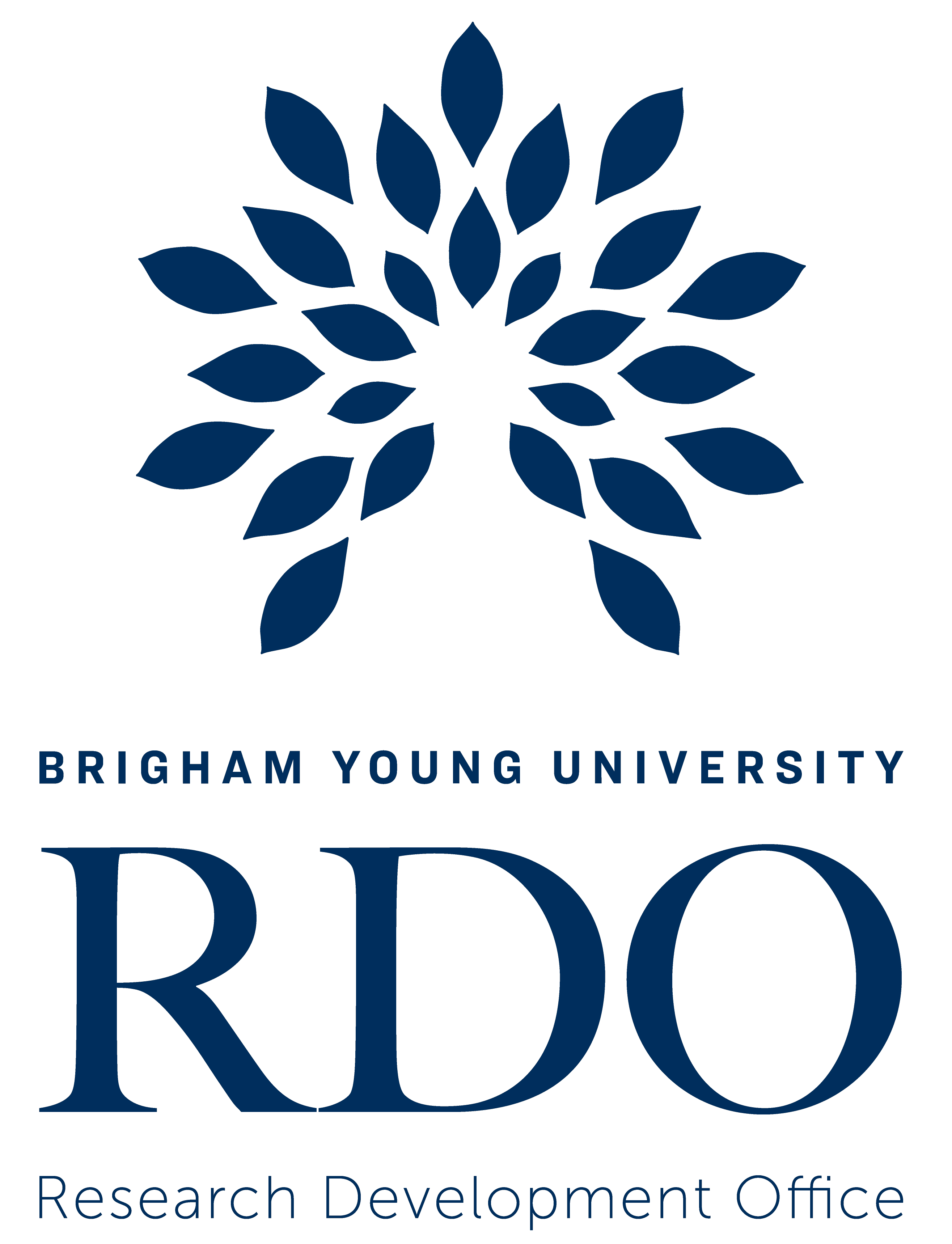-

Relational Science
Timothy B. Smith
This research will advance the field of relational science by developing models and tools that enable autonomous agents to understand and navigate complex relational environments. By integrating DNNs with hierarchical Bayesian models, the research will enhance the agents' ability to handle uncertainty and relational data effectively.
-

Diabetes, Insulin Secretion, and Beta Cell Function
Jeffery Tessem
The intricate processes of nutrient metabolism and their biochemical pathways are fundamental to understanding human physiology and health. This research focuses on exploring the biochemical mechanisms underlying nutrient metabolism and how deviations in these processes can lead to metabolic disorders and associated human diseases.
-

Cardiovascular Epidemiology
Evan Thacker
Study to improve heart health conditions, focused on cardiovascular epidemiology. This study analyze time trends and geographic patterns in heart disease statistics
-

Research projects on Sexual Assault
Julie Valentine
This research will provide critical insights into the factors affecting SAK submission rates and the decision-making processes of law enforcement, informing policy and practice changes to enhance the handling of sexual assault cases.
-

Probabilistic Programming for Perceptually Driven Autonomous Agents
David Wingate
This research will bridge the gap between cognitive science models and machine learning techniques, resulting in autonomous agents that are not only powerful and adaptive but also understandable and safe to deploy.
The development of a dedicated probabilistic programming language will empower researchers and developers to create sophisticated autonomous systems with greater ease and confidence.
-

Direct Search Algorithms for Nonlinear Optimization
Mark Abramson
Areas of Research • Increase efficiency by reducing the number of Poll points • Decomposition approaches for problems with more than 50 variables • Extending algorithm to problems with random noise • Extending to problems in which some derivative information is available • Extending to multifidelity problems • Applications to engineering problems
-

Development Broadband Reflective Coatings for ATLAST and Other LUVOIR Space Telescopes
David D. Allred
Development broadband reflective coatings for ATLAST & other LUVOIR space observatories for exoplanet direct imaging missions the search for other Earths, & for hot objects
-

Acoustics Research Group
Brian Anderson, Scott D. Sommerfeldt, Timothy Leishman, Jonathan Blotter, Kent L. Gee, and Traci Neilsen
Areas of Interest: Noise Control, Sound and Vibration Interaction, Architectural Acoustics, Jet & Rocket Noise, Nondestructive Evaluation
-

BYU MRI Research Facility
Neal Bangerter, C. Brock Kirwan, Erin Bigler, and Jonathan Wisco
Capabilities and limits of the BYU MRI Research Facility
-

Cell-free Synthetic Biology
Bradley Charles Bundy
Cell-free Research Projects using direct access and Nascent Polypeptide
-

Analog/Mixed Signal Integrated Circuits
Shiuh-hua Wood Chiang
Micropower Circuits Laboratory, Advantages of integrated labs, and the use of ultra low-noise ion detectors
-

Analytical Biochemistry, Microbiology, Angiogenesis, Eukaryotic Parasites
Ken Christensen
Areas of Interest: Identifying peptides and small molecules with antiangiogenic effects targeting anthrax toxin receptors; measuring and monitoring metabolism in eukaryotic parasites
-

Analytical Chemistry of Solids
Eric H. Christiansen
Demonstrating the use of various imaging technology (X-ray fluorescence spectrometry, laser ablation inductively coupled mass spectrometry, cathodoluminescence imaging) to analyze volcanic solids, areas, and tectonic processes.
-

Tissue Engineering and Regenerative Medicine
Alonzo Cook
Modification of animal organs and tissues such as heart, kidney, nerve, blood vessel, eye, and pancreas, through processes of decellularization and recellularization to replace malfunctioning human organs and tissues.
-

Applications of Micro and Nanostructured Materials
Robert Davis
Areas of Interest: Micro and Nanoscale Materials (experimental); Biomolecular electronics ; Nanoscale chemical patterning; Nanotube Micromachines; Vertical Photovoltaics
-

Interdisciplinary Communication: Precision vs Understanding
Joseph Ekstrom
Areas of Interest: Terminology management, network and systems management, distributed computing, system modeling and architecture, system development, information assurance, penetration testing and IT curriculum and development
-

Conserved Pathways Involved in Regulating Central Metabolism
Julianne Grose
Areas of Interest: Regulation of metabolism in response to the availability of nutrients and other factors affecting growth, the study of PAS kinase, control of NAD and NADP levels within the cell
-

Teaching Leadership in Teaching and Mentoring
Denise M. Halverson, Alonzo Cook, and Mike Diede
Leadership topics and the reasons to implement leadership practices in teaching and mentoring.
-

Gene Regulatory Networks in the Developing Heart
Jonathon T. Hill
Areas of Interest: understanding how genes are regulated during heart formation; bioinformatics and bench biology to study how gene expression is controlled during this process
-

Influence of Aspect Ratio on Heat and Mass Transfer
Brian D. Iverson
Areas of Interest: Enhanced convective transport; Microfabrication of sensors and actuators; Absorptive surfaces for solar energy collection; Power systems for renewable energy
-

Education Research in the Life Sciences
Jamie Jensen
Areas of Interest: The development and transferability of scientific reasoning skills; appropriate assessment techniques; effective strategies for constructivist teaching in the STEM classroom; strategies to enhance STEM retention
-

Nuclear Power, Nuclear Safety, and Nuclear Reactor Design
Matthew Memmott
Areas of Interest: Enhancing the passive safety of both current and advanced nuclear reactor technology while improving the economics, fuel utilization, and grid adaptability of current plants
-

Speed/Research Networking
Conrad Monson, Kristen Kellems, and JoAnn Ann Petrie
This is the fourth Speed Networking Event. One goal: faculty hear about research across the university. A second goal: foster collaborative/multidisciplinary/interdisciplinary research opportunities. A third goal: network.
-

FLOW Lab: FLight, Optimization, and Wind Lab
Andrew Ning
Areas of Interest: Multidisciplinary Optimization; Wind Energy; Aircraft Design; Aerodynamics; Aeroelasticity; Uncertainty Quantification; Computational Methods
-

3D Printed Microfluids
Gregory P. Nordin
Areas of Interest: 3D printed microfluidics, biological and chemical sensors, nanophotonics and integrated optics, micro- and nanofabrication, MEMS, and microfluidics
Printing is not supported at the primary Gallery Thumbnail page. Please first navigate to a specific Image before printing.

